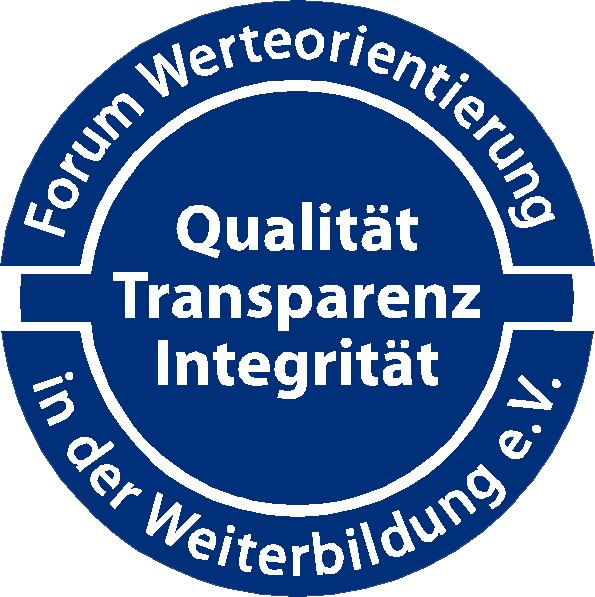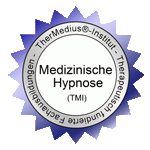Jacobson's progressive muscle relaxation
Development: Edmund Jacobson, internist and physiologist, developed Progressive Muscle Relaxation (PMR or PME) specifically for clients following traumatic experiences in which anxiety symptoms occurred. Jacobson assumed the following in his research: Not only the voluntary muscles are activated, but also the involuntary muscles. Voluntary Muscles: Voluntary contraction and relaxation of skeletal muscles
Involuntary muscles: Hollow organs: such as the stomach, intestines, uterus, bladder, blood vessels Thoughts create images in the brain. At every moment we evaluate and use our voluntary musculature to initiate corresponding actions. In parallel, reflexive activities take place in the background = activation of the involuntary musculature. As a result, every thought is colored emotionally.

Bsp.HappinessHugging: voluntary musclesTingling in the abdomen: involuntary musclesOur muscles need ATP (adenosine triphosphate) for energy, which is produced by the digested food.In the event of excessive prolonged tension/overload/stress, the body uses up too much ATP and tension-related diseases often follow, such as nervous disorders:
- Anxiety states of exhaustion sleep disorders stomach ulcers high blood pressure tension headache back pain nervous indigestion
Objective: The client should be able to relax as deeply as possible. Through targeted, voluntary tensing and relaxing of individual muscle parts, body awareness is intensified with the aim of being able to react more sensitively to states of tension, achieving generalized relaxation and better managing ATP with the available energy. to counteract psychosomatic illnesses. Jacobson consciously works with slight muscle tension in order to achieve a more sensitive perception of the body and thus to feel and reduce even slight tension in the muscles. For whom is progressive muscle relaxation suitable: For clients who have not yet learned any relaxation methods and would like to achieve the feeling of voluntary self-regulation through their own active body work. Effects of Progressive Muscle Relaxation: Anxiety/Stress Regulation:
- Counteracting psychosomatic illnessesRegulating states of tension
self-restraint:
- Reactions to external events are more subdued in a relaxed organism, maintaining a healthy distance from one's own emotions
Recreation:
- Targeted use of the PMR to relax muscle groups and counteract tension and release tension. Rest breaks are built in to regenerate
self-determination:
- Reduction of your own tension level
You can learn progressive muscle relaxation in individual sessions or find out about current course dates for group courses.







